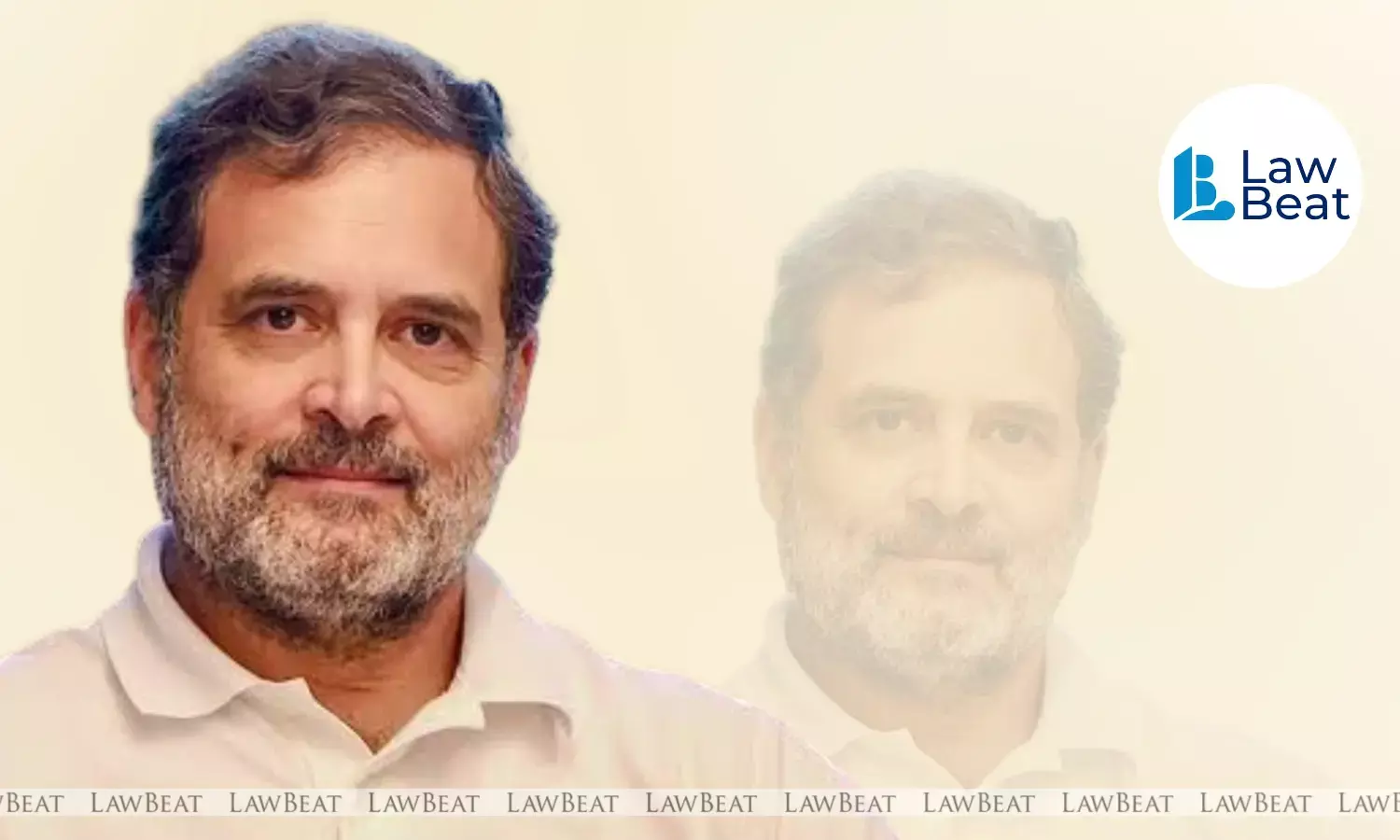ECI ‘Targeted Without Proof’: 272 Eminent Citizens Issue Open Letter Accusing Rahul Gandhi of Undermining Institutions

272 eminent citizens released an open letter accusing Rahul Gandhi of undermining the Election Commission and targeting democratic institutions without substantiated evidence
Two hundred and seventy-two eminent citizens, including 16 former judges, 123 retired civil servants with 14 ambassadors, and 133 retired armed forces officers, have issued a strongly worded open letter condemning what they describe as an escalating campaign by Leader of Opposition Rahul Gandhi and the Congress Party to delegitimise the Election Commission of India (ECI) and other constitutional institutions.
The letter states that India’s democratic framework is facing an unprecedented threat, not from force but from “venomous rhetoric” aimed at core institutions such as the armed forces, judiciary, Parliament and now the Election Commission.
The signatories allege that certain political leaders, instead of presenting credible policy alternatives, have resorted to provocative and unsubstantiated allegations as part of a “theatrical political strategy.”
The letter takes direct exception to Rahul Gandhi’s recent public claims that he possesses “100 percent proof” of electoral manipulation by the ECI, likening the evidence to an “atom bomb”. Gandhi has also been quoted threatening officials within the Commission, stating he would “not spare them from top to bottom” and suggesting the Commission’s actions amount to treason.
The signatories note that despite dramatic claims, no formal complaint or sworn affidavit has been filed, which they say allows the Leader of Opposition to avoid accountability for what they term serious allegations against serving public officials.
The letter also criticises a wider political chorus, including Congress leaders, other opposition parties, activist groups and “ideologically motivated scholars”, for amplifying similar claims branding the ECI as the “B-team of the BJP”. The signatories argue that such statements collapse under scrutiny, noting that the ECI has publicly shared its methodology for roll verification, complied with court-directed processes, and has acted on the removal of ineligible voters as required under law. The attack on the Commission, the letter suggests, stems from political frustration rather than institutional failure.
The statement argues that the pattern reflects “impotent rage” arising from repeated electoral defeats and the inability to reconnect with voters. It notes that criticism of the Election Commission evaporates when opposition parties succeed in State elections but resurfaces sharply when outcomes are unfavourable. Such selective outrage, the signatories say, reveals opportunism rather than principle.
Tracing the legacy of former Chief Election Commissioners such as T.N. Seshan and N. Gopalaswami, the letter underlines that robust enforcement and constitutional integrity; not political posturing, have historically strengthened public faith in India’s electoral system.
The signatories call on civil society to stand firmly with the Commission and reject attempts to turn constitutional institutions into political “punching bags.”
The letter also raises concerns over electoral integrity, particularly the presence of non-citizens or ineligible individuals on electoral rolls. Drawing international comparisons, it notes that countries such as the United States, United Kingdom, Australia, Japan, South Korea, Germany and France maintain stringent controls to prevent unlawful influence in elections. India, it argues, must be equally proactive since electoral sanctity is a national, not partisan, concern.
The signatories urge the Election Commission to continue its path of transparency and, where necessary, defend itself through legal channels. They call on political leaders to engage through policy, facts and democratic conduct rather than allegations and intimidation. Reaffirming faith in the armed forces, judiciary, executive and the ECI, the statement concludes that Indian democracy is resilient and that leadership must now be “rooted in truth, not theatrics; in ideas, not invective; in service, not spectacle.”
